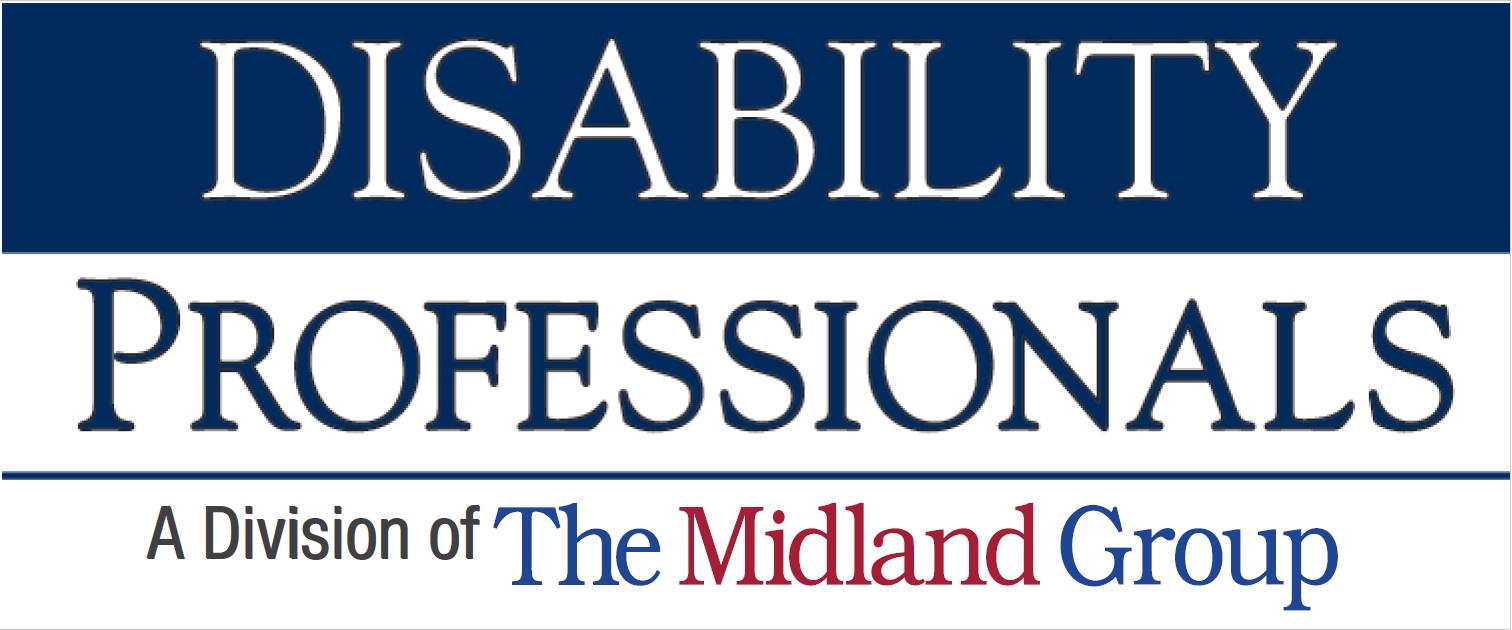Trying to navigate the information about the Social Security Disability requirements is complicated, confusing, and often frustrating. The information available never really comes straight to the point of answering “Am I disabled?” or “Do I qualify for Social Security Disability?” We get the frustration, especially when most people searching for this information are in very difficult and uncertain circumstances, facing a loss of income and the snowball effect that has. But the social security process is just complicated in itself. The process is long because the need for help always outnumbers the amount of SSA staff that are available to work on claims, and their regulations establishing how disability is determined are also quite complicated and the answer about being disabled is very specific to several factors. This makes the question of whether you are disabled a very individualized analysis.
Often before a person is considering applying for Social Security disability, they have been struggling with severe conditions for quite some time. These could be due to job injuries, accidents, major illnesses, you name it. These things may require a person to take benefits from work or private insurance carriers called Short-Term Disability and/or Long-Term Disability. These insurance benefits are usually afforded under a work plan or private disability insurance and are intended to provide financial support when you are unable to work. You may receive a letter from the insurance agency saying they have found you “disabled” and that you are eligible to receive those benefits. Unfortunately, however, a decision from the insurance company finding you disabled is made using their own policy rules and not Social Security’s. So, a decision from another agency, like an I insurance company or even some other government agency such as Medicaid or the Department of Veteran’s Affairs is not sufficient to qualify for Social Security disability benefits.
SSA’s rules state that “Because a decision by any other governmental agency or a nongovernmental entity about whether you are disabled, blind, employable, or entitled to any benefits is based on its rules, it is not binding on us and is not our decision about whether you are disabled or blind under our rules.” (20 C.F.R. §404.1504, emphasis added). Do not be discouraged by this. Just because SSA says these other agency findings about disability are not binding, it does not mean you do not qualify for Social Security disability. Although other agency decisions are not binding on SSA and SSA is not required to discuss how those decisions are analyzed, it is still a factor that is taken into consideration in the overall evaluation of whether you are disabled. More importantly, whatever medical records that were used for you to be found disabled by the other agency should be made a part of your social security claim. By law, SSA relies very heavily on your medical treatment records to determine whether you are disabled under their rules. So it is very important that you disclose all potential sources of records whether you think it plays a big part or not. There are limits on how far back records can be requested, so keep in mind that your on-going treatment records are just as critical to show how your conditions are keeping you from working.
Another thing to keep in mind is that under Social Security’s rules, disabled means you cannot work in a substantially gainful capacity (in other words think full-time for the most part) for at least 12 consecutive months. So, a “disability rating” is not a part of this analysis. You are either disabled or you are not. SSA does not give a percentage of loss or percentage rating like you may hear about in Worker’s Compensation or VA cases. Likewise, those ratings by other agencies do not necessarily mean that you would not qualify for disability benefits from SSA. This goes back to the point about the disability analysis being highly individualized. It comes down to several factors beyond even a medical diagnosis or condition, such as your vocational factors (age, education, past work experience, and skills), what things you are still capable of, and whether you have paid sufficient work credits, or for those who do not have sufficient work credits, your income, and resources. Also, there is no such thing as short-term disability or temporary disability benefits from Social Security. Social Security crushed that possibility by requiring that a person be expected to be out of work at least 12 months or actually out of work at least 12 months before they could be found disabled.
Disability benefits are not guaranteed to be paid forever either. SSA will always review whether a person is still disabled, although how often they do so varies depending on the type of condition and age a person has. Because the disability process takes so long, sometimes a person gets back to work before SSA makes a final decision about disability. In those cases, it is possible for SSA to find a person is eligible for a “closed period” meaning that the agency has sufficient information to find the person met the requirements to be found disabled for a specific date range (again it has to be more than 12 months) but is no longer disabled. When that happens, the person will usually receive a lump-sum payout of their benefits after SSA has completed processing their claim and award. But again, the point here was that aside from these scenarios, there is no short-term disability or temporary disability from SSA. However, that may be a benefit from other non-governmental agencies such as insurance companies that you have a short and/or long-term disability policy with, or even government agencies that may offer temporary cash assistance for the low income going through a disability claim. Just keep in mind that although those agencies may find you are disabled for their program rules, that SSA’s rules are different.
What’s Next?
The best thing you can do if you have questions about your eligibility is to talk with a professional that knows the program rules and give you sound information. That is what we do! It does not cost to have a consultation, and we can quickly assess your situation and respond to your questions. Contact us today to learn more!



